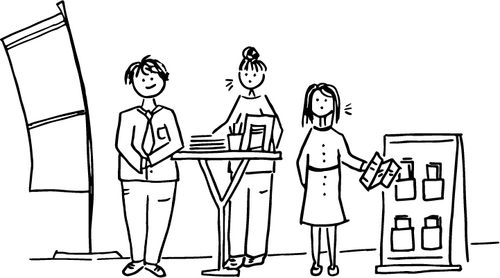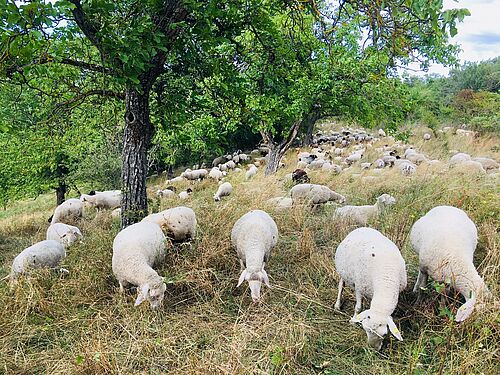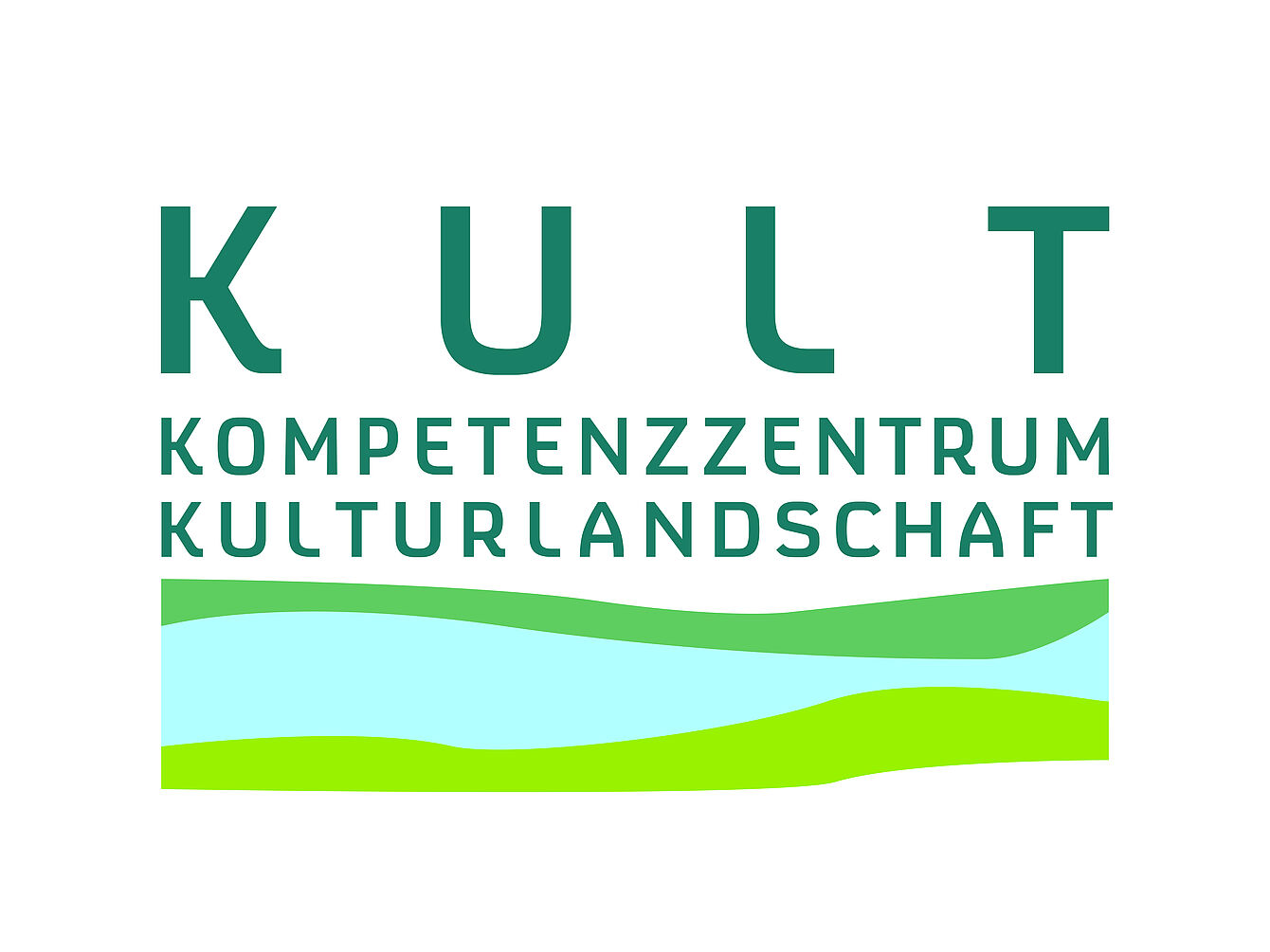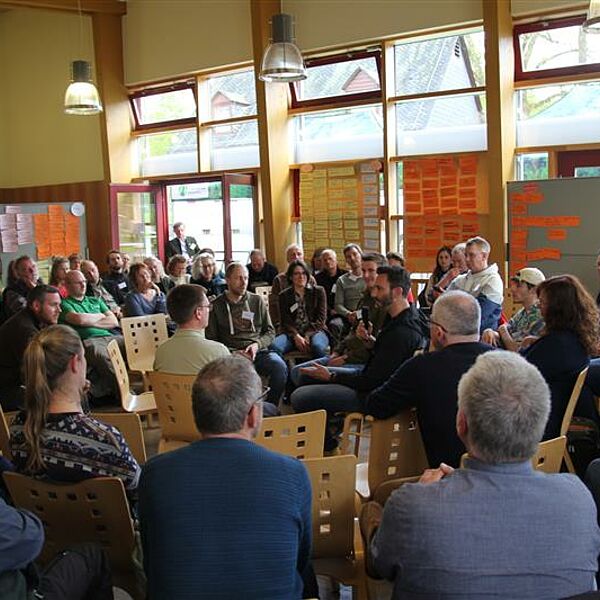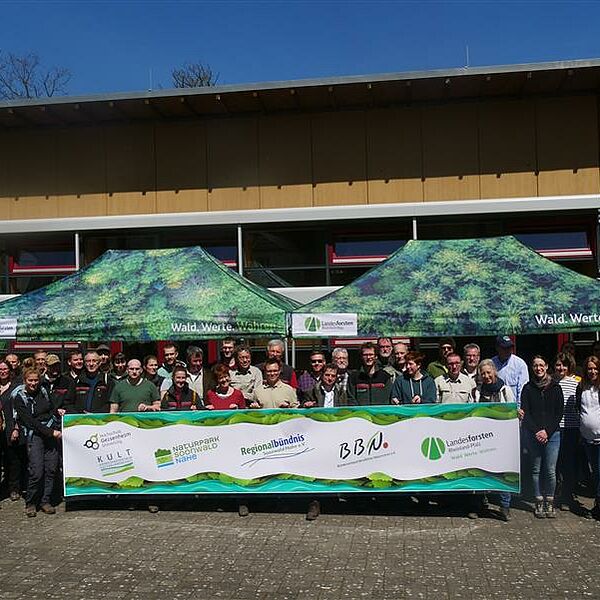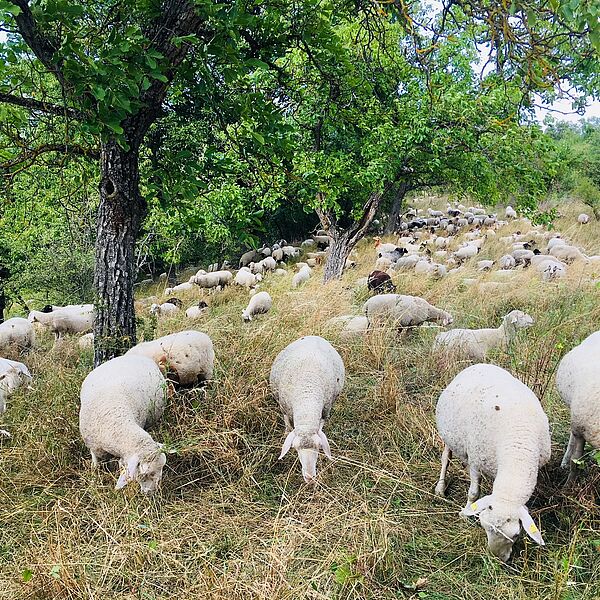This year’s summer school organized by Hochschule Geisenheim University and Agricultural University of Georgia (AGRUNI) Tiflis and Armenian National Agrarian University (ANAU) Jerewan, is dedicated to wine business.
28 participants spent 5 days to engage in economic topics such as economics, global wine markets, business strategies, wine marketing, market research and consumer behavior as well as verticalization and cooperation. Viticulture, enology and sensory assessment were also on the agenda. The first part of the summer school took place at AGRUNI in Tiflis. The second part in a wine-growing region close to Chateau Kvrali. The summer school’s practice-oriented approach was implemented by excursions to local vineyards and wineries.
Prof. Dr. David Chichua of AGRUNI Tiflis and Dipl. Ing. Isabelle Rüttiger of ANAU Jerewan, experts from the Caucasian partner universities gave interesting insights in geographic and climatic conditions, widespread autochthonous grape varieties and traditional wine aging process in amphorae thus covering the topics “viticulture and enology”. Prof. Dr. habil. Jon Hanf, M. Sc. Linda Bitsch and Dr. Sophie Ghvanidze talked about wine business. „Thanks a lot for the interesting and important lectures. We had an excellent week with great input and lots of fun. I am very happy that Geisenheim and Georgia work together”, said one of the participants.
The summer school was not only about giving input, but also about intercultural exchange. Georgian and Armenian participants gave talks on their countries so that students from Germany, Italy and Switzerland received first-hand information on the Caucasus region. Caucasian students in return, had the opportunity to get to know Hochschule Geisenheim University and learn about the International Wine Business degree program.
The summer school was financially supported by the German Academic Exchange Service (DAAD).

